Diplomats reported on Tuesday that at least 577 pilgrims have died during the hajj pilgrimage in Saudi Arabia, underscoring the grueling nature of the event exacerbated by scorching temperatures.
In El Salvador, the hardest-hit country, five people died Monday in a landslide in the western district of Tacuba, in the department of Ahuachapan, Civil Defence chief Luis Amaya said.
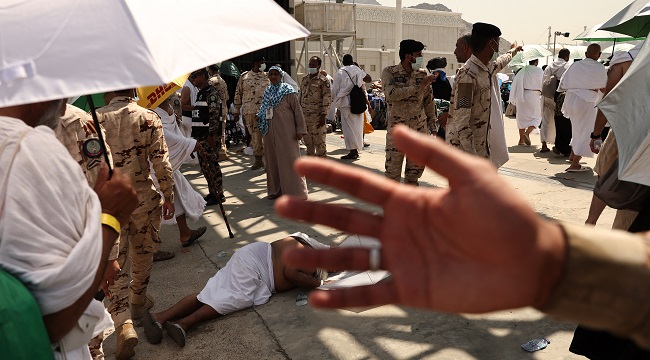
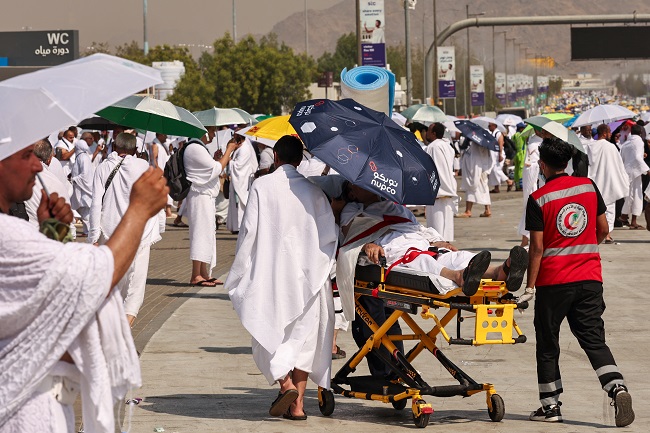
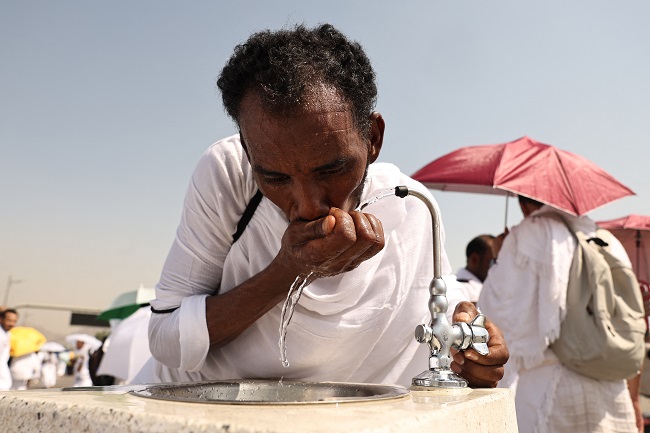
323 Egyptians died, most succumbing to heat-related illnesses, as confirmed by two Arab diplomats coordinating their countries’ responses. “All of them (the Egyptians) died because of heat,” said one diplomat, except for one who sustained fatal injuries during a minor crowd crush. This total figure comes from the hospital morgue in the Al-Muaisem neighborhood of Mecca.
At least 60 Jordanians have also died, according to the diplomats, an increase from an earlier official tally of 41 given by Amman.
Earlier Tuesday, Egypt’s foreign ministry said it was working with Saudi authorities to locate Egyptians who had gone missing during the hajj. While the ministry confirmed some deaths, it did not specify if Egyptians were among them.
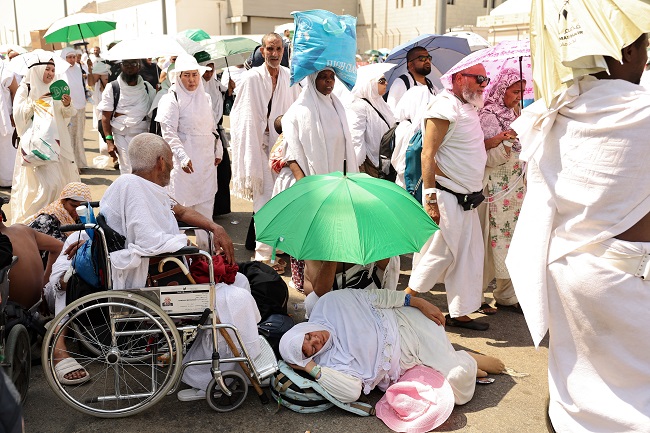
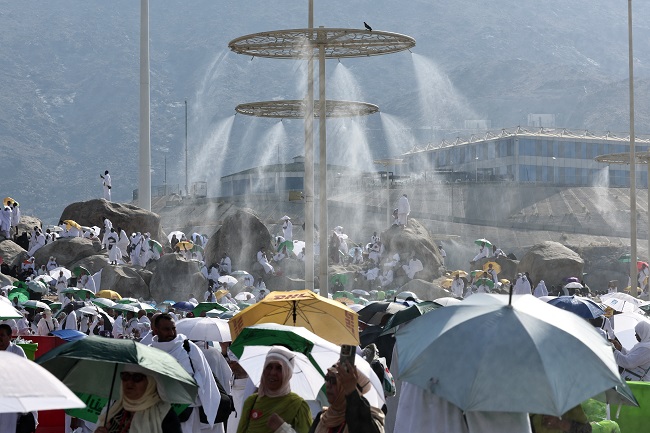
The hajj, one of Islam’s five pillars, requires Muslims with the means to complete it at least once. The pilgrimage, increasingly affected by climate change, has seen rising temperatures in the ritual areas, according to a Saudi study. On Monday, temperatures hit 51.8 degrees Celsius (125 Fahrenheit) at the Grand Mosque in Mecca, the national meteorology center said.
AFP journalists in Mina, near Mecca, observed pilgrims cooling themselves with water bottles and cold drinks, as volunteers distributed ice cream to help manage the heat.
READ ALSO: Fourteen Jordanian Pilgrims Die Due to Extreme Heat During Hajj
Saudi officials advised pilgrims to use umbrellas, stay hydrated, and avoid the sun during peak hours. However, many hajj rituals necessitate outdoor activities during the day, leading to overwhelming scenes of motionless bodies and overburdened ambulance services.
Thousands of pilgrims attempt the hajj without official visas, aiming to save money, but these unregistered pilgrims lack access to the air-conditioned facilities provided by Saudi authorities. This practice has been linked to higher death tolls, particularly among Egyptians, as noted by one diplomat.
Earlier this month, Saudi officials cleared hundreds of thousands of unregistered pilgrims from Mecca. Countries reporting deaths include Indonesia, Iran, and Senegal, although most have not specified the causes of death.
Hosting the hajj is a prestigious role for the Saudi royal family, with King Salman holding the title “Custodian of the Two Holy Mosques” in Mecca and Medina.
Saudi Health Minister Fahd bin Abdul Rahman Al-Jalajel stated that health plans for the hajj were successfully executed, preventing major outbreaks and other public health threats. The virtual hospital provided over 5,800 consultations, mainly for heat-related illnesses, enabling prompt intervention and mitigating potential case surges, according to the Saudi Press Agency.










